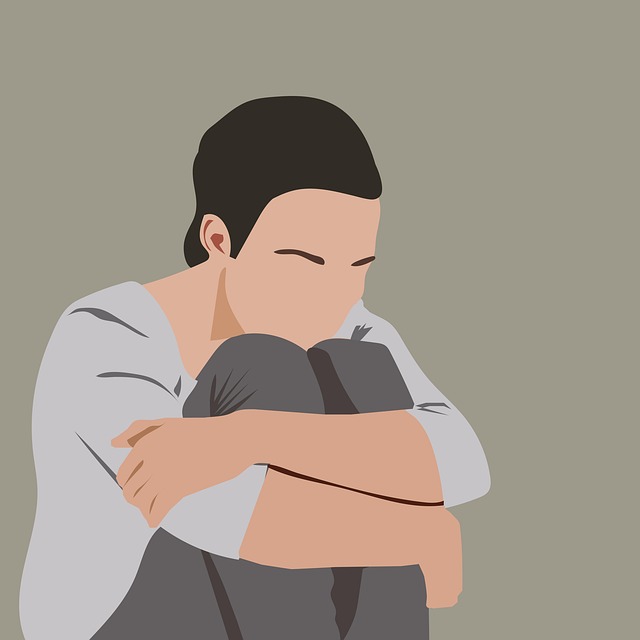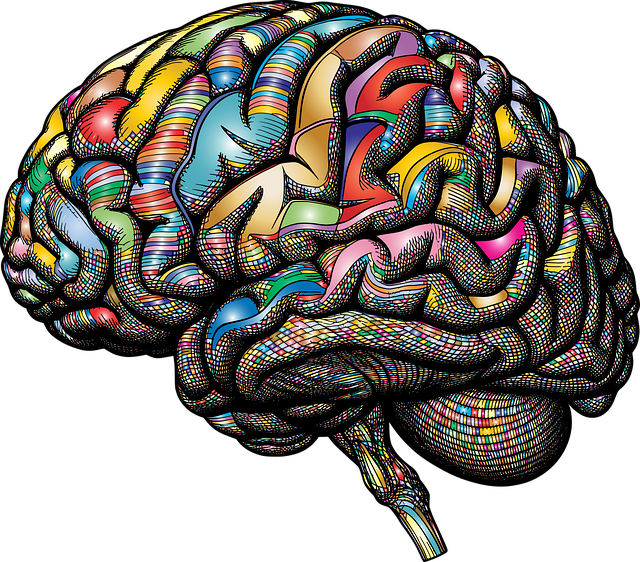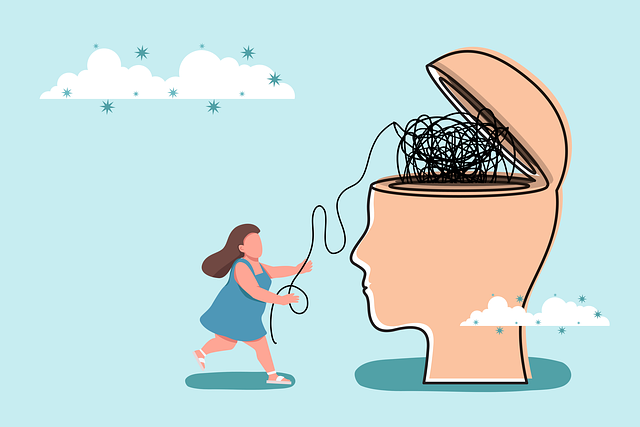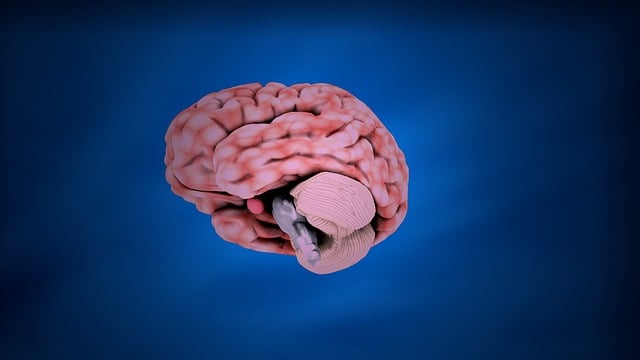Mental wellness group facilitation offers young adults a supportive community for improving mental health through open communication and collaborative therapy. Facilitators guide participants using active listening, reflective questioning, and culturally sensitive care based on independent medical evaluations (IMEs). By combining group discussions with IMEs, facilitators tailor interventions to unique needs, fostering resilience and challenging stigma while enhancing personal growth and group cohesion.
Mental wellness group facilitation is a powerful tool in young adult therapy, fostering community and support while addressing unique challenges. This article explores the art of facilitating such groups, delving into essential techniques for creating safe, inclusive environments that encourage open communication. We’ll uncover strategies to enhance engagement, manage group dynamics, and integrate Independent Medical Evaluations (IMEs) to optimize therapy outcomes for young adults.
- Understanding Mental Wellness Group Facilitation
- – Definition and significance in young adult therapy
- – Key roles and responsibilities of a group facilitator
- Creating an Inclusive Environment
Understanding Mental Wellness Group Facilitation

Mental wellness group facilitation plays a pivotal role in supporting young adults navigating their mental health journeys. This collaborative approach to therapy provides a safe and nurturing environment where individuals can connect, share experiences, and learn from one another. Facilitators act as guides, fostering open communication and encouraging active participation. By integrating techniques like active listening, reflective questioning, and structured activities, facilitators create a supportive atmosphere that enhances healing and personal growth.
Understanding the unique needs of young adults is essential in this context. Independent medical evaluations can offer valuable insights into an individual’s mental health status, informing tailored interventions. Incorporating cultural sensitivity within mental healthcare practice ensures that facilitators are attuned to diverse perspectives, promoting inclusive and effective support. Moreover, community outreach program implementation expands access to services, reaching those who might otherwise face barriers to care. Additionally, producing a mental wellness podcast series can amplify awareness, provide education, and offer ongoing support for young adults seeking guidance on their mental wellness journeys.
– Definition and significance in young adult therapy

Mental wellness group facilitation plays a pivotal role in young adult therapy, offering a unique and supportive environment for individuals navigating their mental health journeys. These groups provide a sense of community, fostering connections among peers who may be facing similar challenges. Through interactive discussions, activities, and shared experiences, participants gain valuable insights into managing their mental illnesses while building resilience.
Group facilitation techniques encourage open communication, allowing young adults to express their thoughts and emotions in a safe space. This approach not only aids in breaking down the stigma surrounding mental illness but also empowers individuals with coping strategies. Activities like self-awareness exercises and collaborative problem-solving sessions enhance participants’ understanding of their emotional responses, enabling them to make informed decisions regarding their well-being. Independent Medical Evaluations (IMEs) can further complement these efforts by providing personalized assessments, ensuring tailored interventions for each individual’s unique needs in therapy.
– Key roles and responsibilities of a group facilitator

The role of a group facilitator is multifaceted and crucial in fostering therapeutic environments for young adults seeking mental wellness support. These professionals act as guides, creating a safe and inclusive space where participants can navigate complex emotions. Their primary responsibility is to facilitate open discussions, encouraging active participation from all members. Through skilled prompting and reflective listening, facilitators help individuals share their experiences, offering valuable insights into common challenges and successful coping strategies.
A key aspect of their job involves fostering cultural competency among group members, ensuring everyone feels respected and understood. This is particularly relevant when dealing with diverse populations, as it promotes emotional well-being promotion techniques that cater to various backgrounds. Moreover, facilitators play a vital role in screening and identifying individuals who may require additional support, such as those struggling with depression or other mental health concerns, prompting appropriate referrals for independent medical evaluations.
Creating an Inclusive Environment

Creating an inclusive environment is a cornerstone of effective mental wellness group facilitation, especially when working with young adults. It involves fostering a safe and supportive space where every participant feels valued and heard, regardless of their background, identity, or experiences. This begins with establishing clear ground rules that emphasize respect, confidentiality, and active listening. Group facilitators should also encourage open communication, ensuring that all voices are represented and that no one feels marginalized. Incorporating diverse perspectives during discussions can enhance the overall therapeutic experience.
Additionally, integrating therapy for young adults with independent medical evaluations ensures a comprehensive approach to mental health support. By understanding each individual’s unique needs, facilitators can tailor activities and exercises from conflict resolution techniques to social skills training. This individualized approach not only promotes personal growth but also enhances group cohesion, allowing members to build upon one another’s experiences. Moreover, regular risk assessments for mental health professionals are crucial to navigate potential challenges within the group dynamic, ensuring the safety and well-being of all participants.
Mental wellness group facilitation plays a pivotal role in supporting young adults’ therapy, fostering an inclusive environment that encourages open dialogue and peer learning. By understanding the core roles of facilitators and creating safe spaces, this approach enhances the effectiveness of independent medical evaluations by promoting mental health awareness and social connections among peers. These techniques revolutionize therapy for young adults, offering a supportive network where they can navigate challenges together, ultimately contributing to improved well-being.














